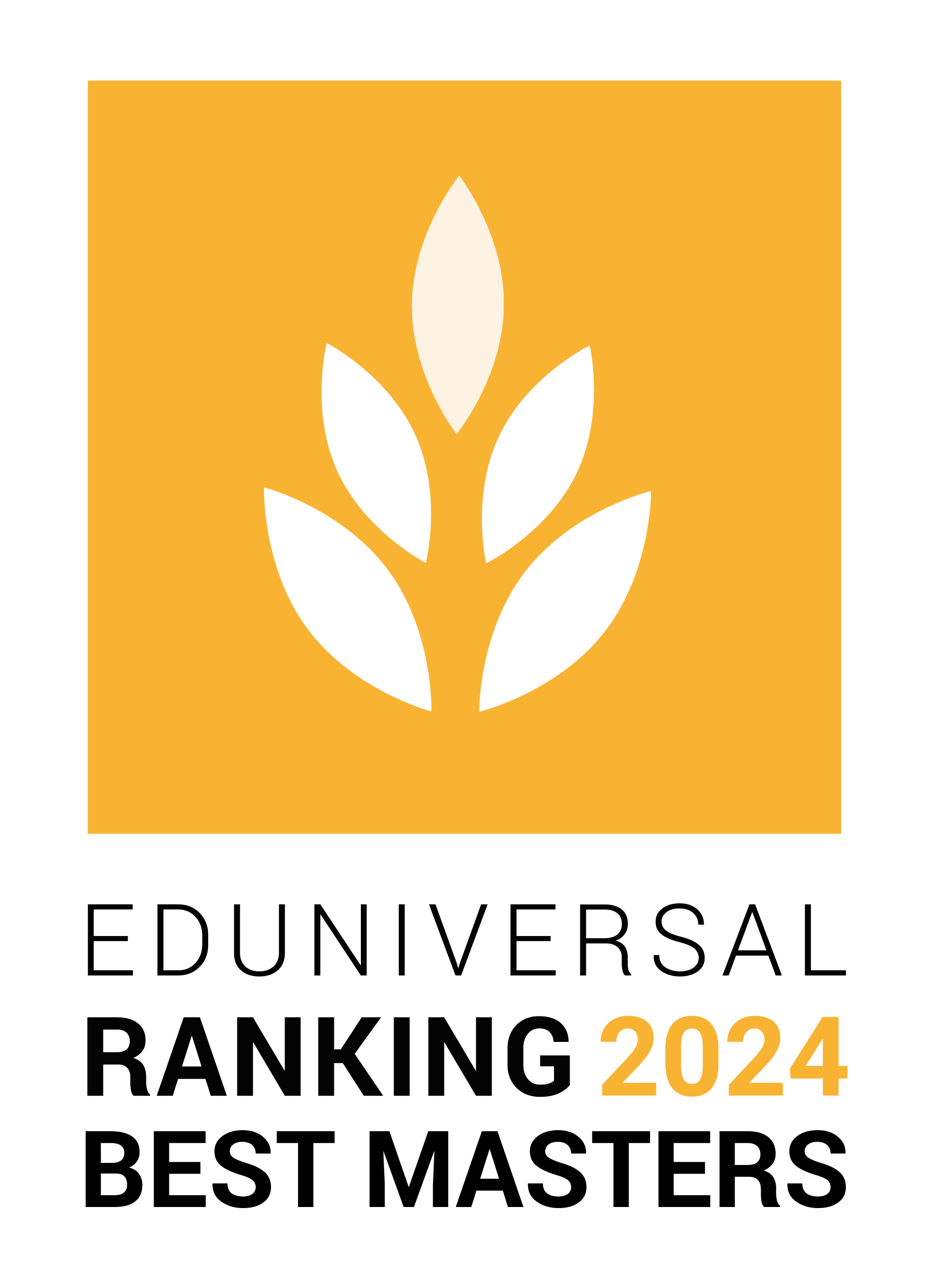- Home
- About
- Business Schools Ranking
- Selected schools
- study abroad
- Awards
- Contact
Study in Lesotho
Lesotho Statistics

Geography-Population
Capital: Maseru
Area: 30,355 sq km
Climate: temperate; cool to cold, dry winters; hot, wet summers
Population: 1,924,886 (July 2011 est.)
Languages: Sesotho (southern Sotho), English (official), Zulu, Xhosa
Government-Economy
Government type: parliamentary constitutional monarchy
Independence Day: 4 October 1966 (from the UK)
Currency: Maloti or Loti (LSL); 1 LSL = 0.15 USD; 1 USD = 6.70 LSL
GDP: $3.31 billion (2010 est.)
GDP - per capita (PPP): $1,700 (2010 est.)
Information for Foreign Students in Lesotho
Obtaining a Visa
Americans, Canadians, UK nationals, Australians, South Africans and Irish nationals: need a passport, but not a visa for a stay of up to 14 days. Visitors travelling via South Africa will need to comply with South African passport and visa regulations. We recommend you to contact the embassy to check visa requirements.
Lesotho High Commission in the UK: www.lesotholondon.org.uk Embassy of the Kingdom of Lesotho in the USA: www.lesothoemb-usa.gov.ls
Housing
Student halls of residence: http://www.nul.ls/students/residences/
off-campus http://www.nul.ls/students/residences/offcampus_accom.html
Health
A yellow fever certificate is required from travelers coming from an infected area. HIV/AIDS is prevalent. There is a lack of good medical facilities and medical attention is often sought in neighboring South Africa. Visitors should carry a personal supply of medicine, as supplies are limited. Lesotho's Flying Doctor service provides emergency medical services to remote parts of the country. Medical insurance is essential and should include emergency air evacuation coverage, especially if planning to spend time in remote mountainous regions.
Money
These are widely accepted. To avoid additional exchange rate charges, travelers are advised to take travelers cheques in US Dollars or Pounds Sterling. There are ATMs in the main towns but their facility for accepting international cards is unreliable. Standard Lesotho Bank, Nedbank and First National Bank do offer exchange services in their Maseru branches.
Transportation
Four wheel drive vehicles are best for getting around the country's mountainous terrain. An International Driving Permit is recommended. National driving licenses are normally valid, provided that they are either in English or accompanied by a certified translation. Enquire at the high commission or embassy for details. Buses and minibus taxis are good for short trip; indeed, they leave only once the bus is full so you're better off buying tickets for any longer journey in stages, and they go from town to town rather than direct.
Keeping in Touch
There are internet cafes in Maseru. The government operates a range of media. South African radio and TV stations can also be received. Due to high printing costs, radio is the most important form of mass communication. Roaming agreements exist with a few international mobile phone companies. Coverage is limited to main urban areas. There is a limited internal telephone network.
Official Selection of the Best Business Schools in Lesotho
|
1 Palme Of Excellence LOCAL Reference |
Rank Position in
Palmes’ League |
Deans’ Recommendation
rate 2023 |
|---|---|---|
|
National University of Lesotho - Faculty of Social Sciences - DPt. of Business administration |
1 | 107 ‰ |
Best Master’s programs in Lesotho

Learn the ranking results of the best masters in Lesotho here:
